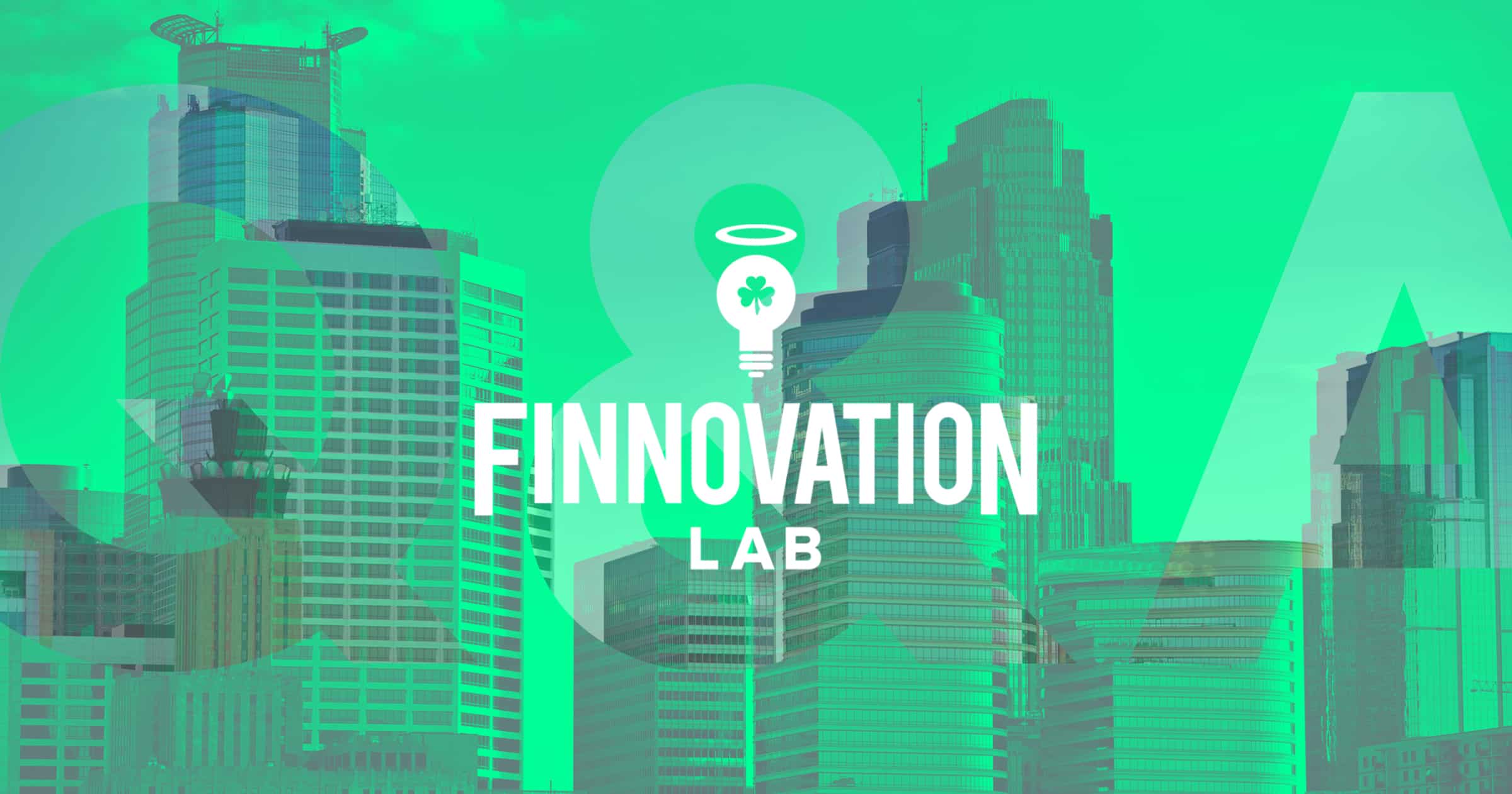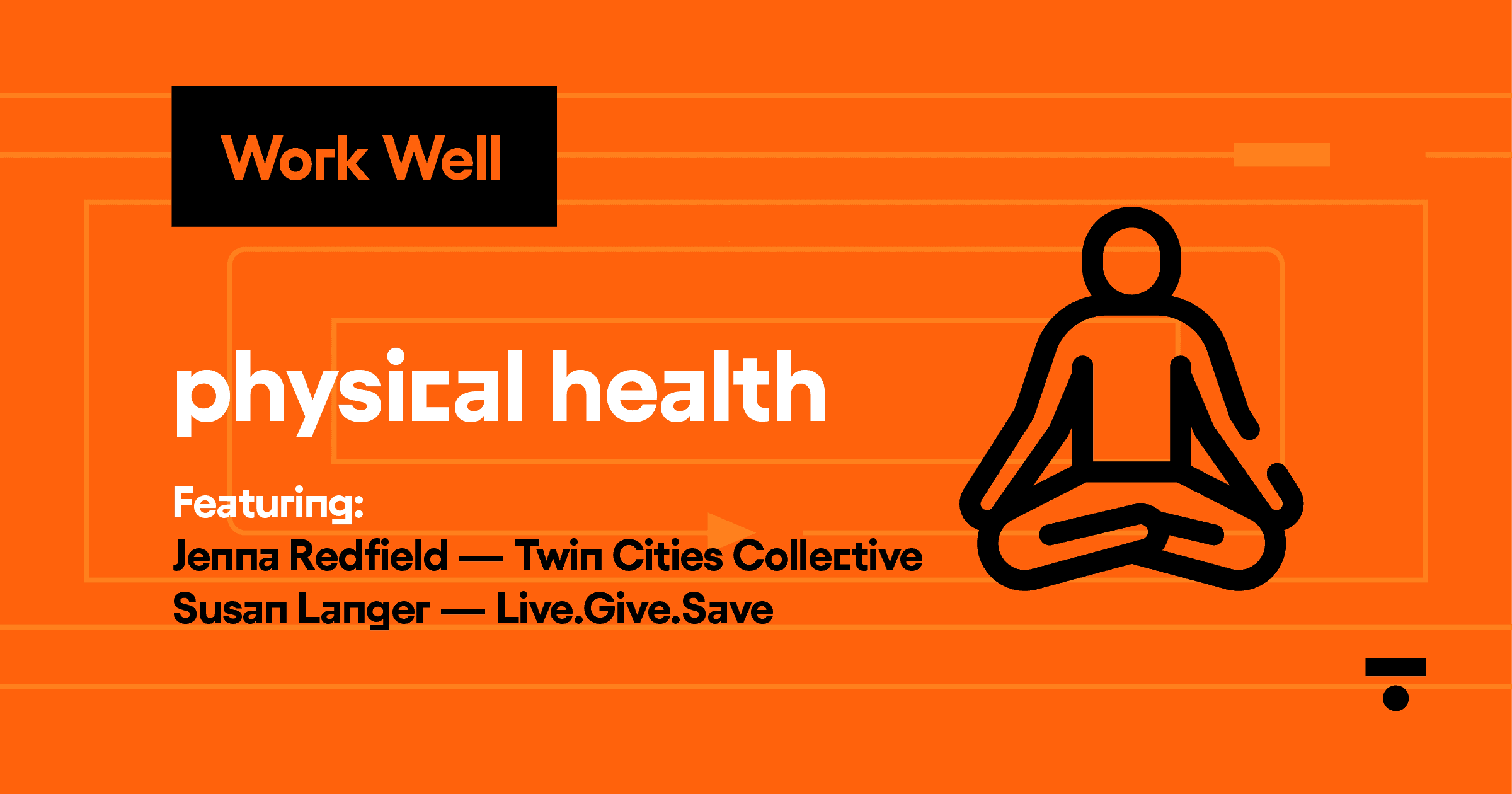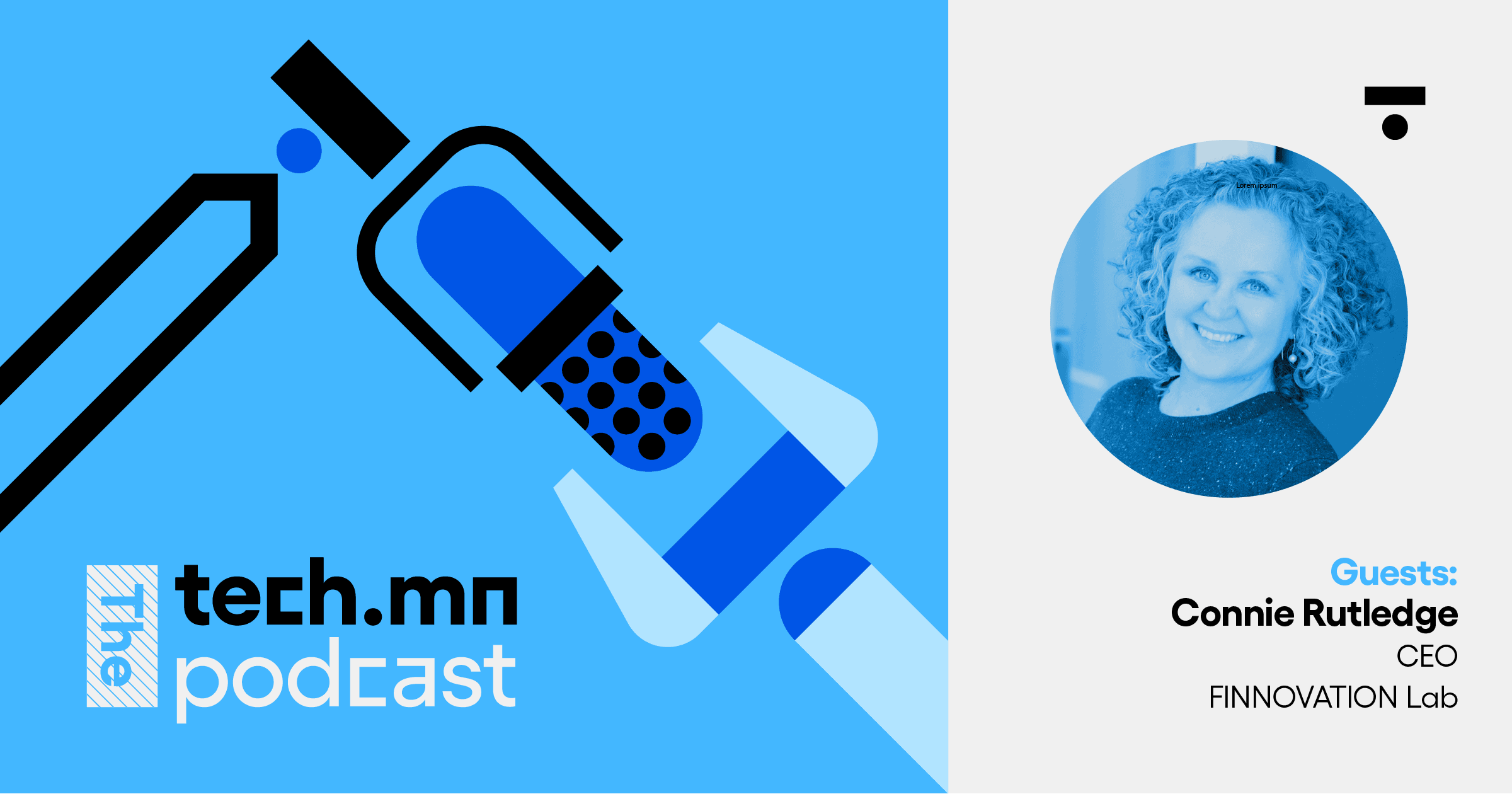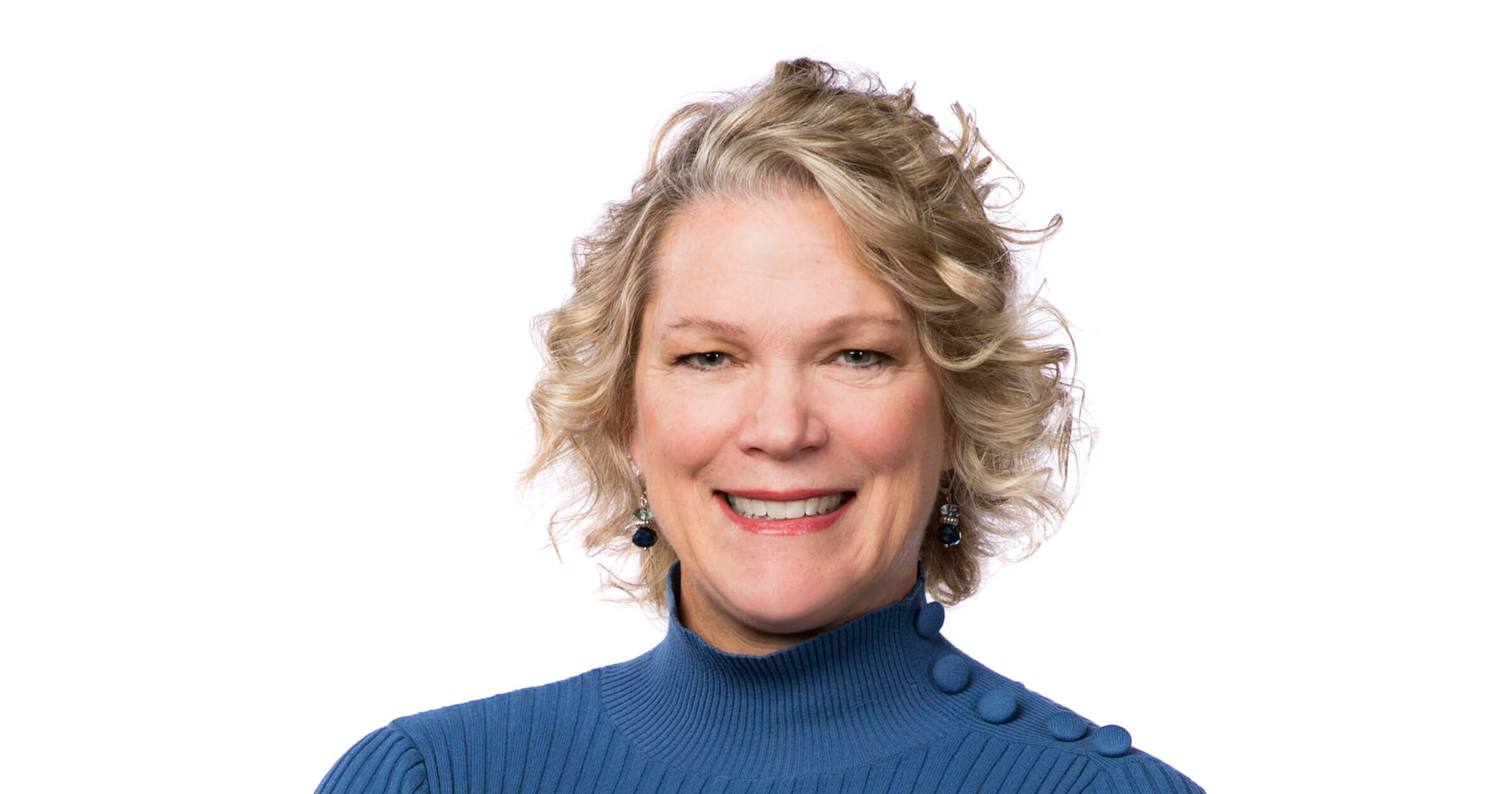We touched based with Connie Rutledge, CEO of FINNOVATION Lab, while profiling Minneapolis game developer – and FINNOVATION Lab Cohort 2 Fellow — Jules Porter.
There was a lot more to discuss.
From Porter’s project in the program to the progress that needs to be made in terms of supporting women and entrepreneurs of color in the Minnesota tech and startup community, here’s our full Q&A with the CEO.
tech.mn A product or idea focused on people of color and the elderly would unfortunately be a hard sell in almost any area, but especially in the video game space. Why is it so important for programs like the FINNOVATION Lab Fellowship Program to support and foster ideas like Jules’?
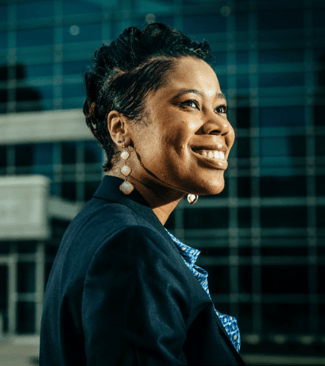
Jules Porter
Connie Rutledge: Ideas like Jules’ Seraph 7 Studios help us continue our mission of being a force for good. Her work is a great example of using business to address social inequality. Her goal is to create games that are engaging and fun – that consumers want to play – and using that medium to introduce new types of heroes that represent people of color and the elderly in a positive light. Seraph 7 Studios not only puts unique characters into the gaming universe, it also uses that success to empower young women and people of color to learn technical skills so they can build the next generation of games. Profit powers the vision of a better society, not just individual success. Whether tackling issues dealing with education, health, or diversity, the Fellowship Program will continue supporting ideas that create positive change across the region.
tech.mn: How have you found Jules’ participation in the program? Does anything specific stand out?
CR: We are incredibly proud of the effort Jules has put forth, and like all of the Cohort 2 fellows, she has gone above and beyond! Her passion for social justice coupled with her sly sense of humor has made her an invaluable member of the cohort.
tech.mn If another Minnesota game developer sees the work Jules has done and sees FINN Fellowship as a launchpad for their own idea, what advice would you give them when applying to the program?
CR: We’re looking for individuals who have bold ideas for sustainable, systems-level change. Game developers interested in applying to the Fellowship Program should have a good understanding of a social or environmental issue they want to solve and be committed to figuring out how they can help tackle that issue through their work.
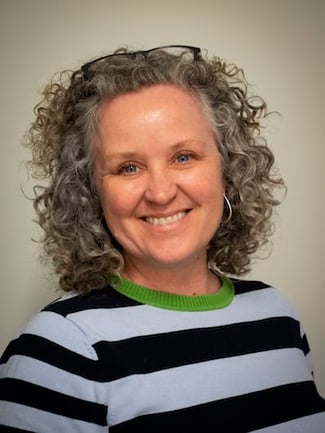
Connie Rutledge
tech.mn: Your background (from teaching classes at MCAD to the Mini Maker Faire) is a bit more art-focused than pure tech. Does this help give you an eye for picking out projects like Jules’ — that are a mix of entrepreneurship, art, and tech — for the program?
CR: We rely on community leaders to help select Fellows. It’s important to note that we select individual leaders for our program, not ventures. Our goal at FINNOVATION Lab is to build an ecosystem of leaders dedicated to using business to drive positive social change, and the Fellowship Program is geared towards giving those individuals support and skills.
My hope is that my background helps the Fellows be realistic and grounded about how to build a business, especially something that is unconventional. My professional background is varied enough to meet them where they are – using my experience in operating small and new businesses, vetting deals for early stage capital, teaching entrepreneurship, innovation processes, and my lifelong study of social and economic inequality and the ways in which artists, entrepreneurs, and workers can transform the world. The FINNOVATION Fellowship is exactly the place for entrepreneurs who want to build a different kind of business.
tech.mn: In terms of participant experience, what are the main differentiators for the FINNOVATION Fellowship Program in your eyes?
CR: With a living stipend, dedicated workspace, tailored curriculum and an ecosystem of advisors and mentors, fellows have the opportunity to focus on their idea full time and dive deeper into exploring the problem they’re aiming to address. Our curriculum focuses on four main areas that are particularly important for social impact entrepreneurs just starting out — leadership development, systems-level analysis for social change, design thinking, and business planning and modeling.
tech.mn: What’s next for FINNOVATION Lab? How do you plan on continuing to carve out your own niche in the incubator space?
CR: Last year, we announced two national partners to support more ventures at varying stages of growth: ImpactSKU for CPG companies with market traction and SEED SPOT for those interested in starting an impact business. Now with three different programming options including the Fellowship Program, we’ve been able to support entrepreneurs and businesses at different stages, maintaining a connection to the social impact space at every level. We hope to continue growing our community of individuals and businesses who want to make an impact in the region, ultimately establishing Minnesota as a leader in social impact innovation. And, as part of the overall entrepreneurial ecosystem in Minnesota, our goal is to make social impact a part of the business model for every startup.
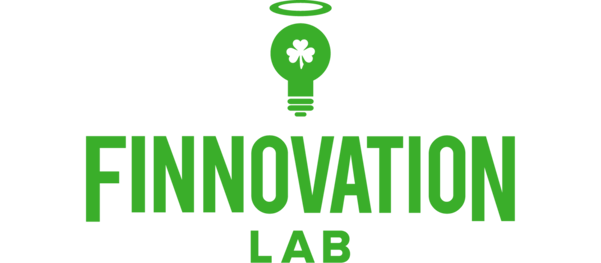
tech.mn: What are three general tips most entrepreneurs could use to tighten up and polish their ideas?
CR: Generally speaking, too many entrepreneurs fall in love with an idea and don’t know enough about the problem they are solving or who wants the solution they are offering. Get out of your own mind by talking to people. Understand how they see the problem and what problems they are interested in solving. Such an approach supports continual innovation and developing a keen eye for opportunity.
Our Fellowship program isn’t looking for the most polished business idea – we are looking for curious and smart people who care deeply about an issue and think that an entrepreneurial venture may provide an innovative approach. Through the Fellowship, the polish will come.
tech.mn: Having worked with so many entrepreneurs across many areas, what sticks out as special about the Minnesota scene to you?
CR: I think the people and the community we have here create a culture of cooperation and helpfulness. As an entrepreneurial support organization, FINNOVATION Lab is dedicated to working with other parts of the ecosystem, and we’ve found everyone else to be open to working with us. That kind of collaboration enables us to confront gaps in the ecosystem together, to advocate on behalf of the entrepreneurs we work with, and to learn from each other’s experience.
I see that same spirit among entrepreneurs. Take our fellows for example – they have shown great camaraderie and team spirit. Especially now, with each of the fellows’ businesses impacted in some way by COVID-19, they’ve been leaning on each other for support and guidance.
Overall, Minnesota has progress to make with funding – both availability and type – and on representation and support of women and entrepreneurs of color, but I think we can get there with our collaborative spirit.
![]()
Jules Porter: Digital Diversity and Super-Powered Senior Citizens
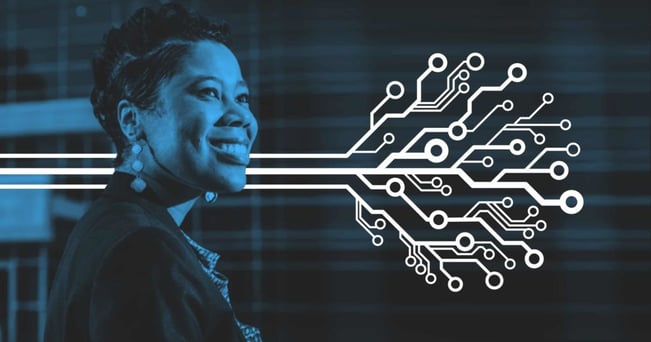
From the United States Marine Corps to law school to the head of her own game development studio, FINNOVATION Lab Fellow Jules Porter is building out an impressive skill tree and addressing important social issues.

